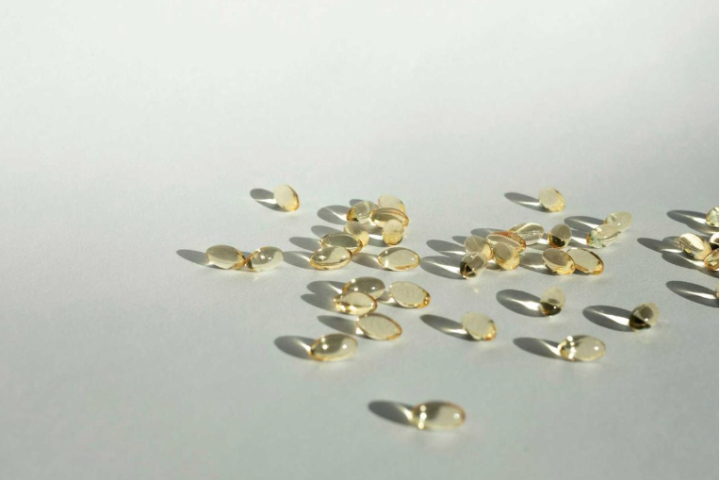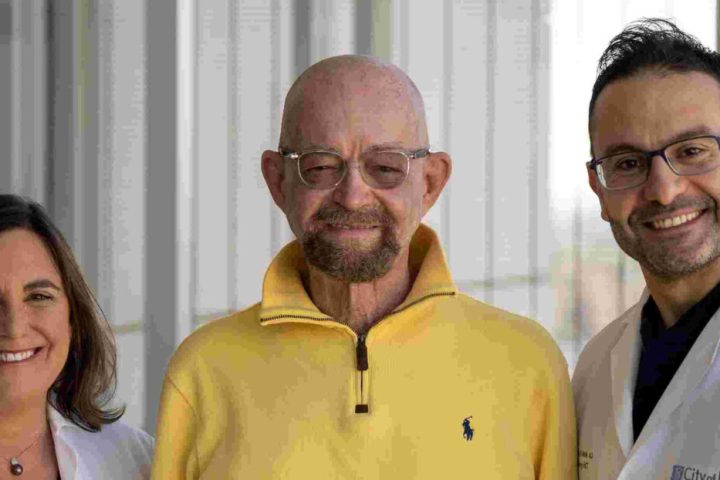Adding more resistant starch to the diets of people with a condition that increases their risk of developing certain cancers can reduce their risk of some of those cancers by more than 60%, according to a study involving more than 1,000 participants from around the world and more than 20 years of research.
The results were so compelling in reducing the incidence of upper gastrointestinal (GI) malignancies in particular that the researchers are now trying to reproduce them to make sure they aren’t missing anything.
“We discovered that resistant starch lowers the risk of several malignancies by more than 60%. The top region of the intestine was where the benefit was most noticeable “says Newcastle University’s John Mathers, the study’s principal investigator and a nutritionist.
- Host faints during live debate between Sunak and Truss
- Melting glacier in the Alps changes the border between Switzerland and Italy
Esophageal, gastric, and pancreatic cancers are examples of upper GI cancers.
Tim Bishop, a genetic epidemiologist from the University of Leeds, says, “The results are encouraging, but the extent of the protective impact in the upper GI tract was unexpected, therefore further research is required to reproduce these findings.”
A particular kind of starch called resistant starch travels through the small intestine before fermenting in the large intestine and feeding healthy gut bacteria there. It is found naturally in a variety of foods, including slightly green bananas, oats, cooked and cooled pasta and rice, peas, and beans. It can also be purchased as a supplement similar to fiber.
918 patients with Lynch syndrome participated in the double-blind trial, which was conducted between 1999 and 2005. One in 300 persons are thought to contain a gene associated with Lynch syndrome, making it one of the most prevalent genetic predispositions to cancer that we are aware of.
The risk of colorectal cancer, as well as gastric, endometrial, ovarian, pancreatic, prostate, urinary tract, kidney, bile duct, small bowel, and brain cancers, is much higher in people who have inherited Lynch syndrome genes.
Participants were randomly assigned to one of two groups, and 463 were inadvertently given a daily dose of 30 grams of resistant starch in powder form for two years. This quantity is roughly similar to eating one not-quite-ripe banana each day.
Another 455 Lynch syndrome patients took a daily placebo that resembled powdered starch but had no therapeutic components.
After then, 10 years later, the two groups were checked up on. The researchers have just released the findings from this follow-up.
The 463 individuals who had eaten the resistant starch had only had 5 new incidences of upper gastrointestinal (GI) cancer during the observation period. This represents a significant decrease compared to the 455 participants in the placebo group, who had 21 incidences of upper GI cancer.
This is crucial, according to Mathers, because upper GI tract malignancies are challenging to identify and can progress undetected.
The rate of bowel tumors was one area, nevertheless, where the resistant starch had little impact.
The team has some theories, but more investigation is required to determine precisely what is happening.
According to Mathers, “We believe that resistant starch may lessen the development of cancer by altering the bacterial metabolism of bile acids and by reducing certain forms of bile acids that can damage human DNA and ultimately lead to cancer.”
However, this requires more study.
To be clear, this research wasn’t necessarily representative of the general population because it was conducted on individuals who were already genetically prone to cancer. But by comprehending how resistant starch can aid in cancer prevention, there may be much to be learned.
More than 1,800 Lynch syndrome patients are participating in the CAPP3 study, a follow-up to the original experiment known as the CAPP2 research.
Although it may seem worrying that the resistive starch did not appear to have an impact on the rate of colon malignancies, the study also found some encouraging results.
The initial experiment also investigated if daily aspirin use could lower the risk of developing cancer. Aspirin lowered the incidence of large bowel cancer in Lynch syndrome patients by 50%, according to research the team published back in 2020.
According to Sir John Burns, a geneticist at Newcastle University who co-led the trial with Mathers, “Patients with Lynch syndrome are high risk because they are more likely to develop cancers, so finding that aspirin can reduce the risk of large bowel cancers and resistant starch other cancers by half is vitally important.”
The benefits of aspirin and resistant starch are obvious; NICE [the UK’s National Institute for Health and Care Excellence] now recommends aspirin for persons at high genetic risk of cancer.
The study was released in the journal Cancer Prevention Research.





